Can Audiobooks Be the Great Equalizer for Students with Learning Differences?
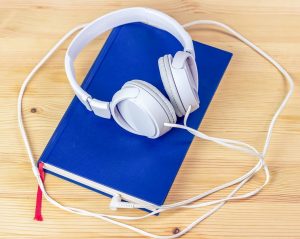 An estimated 26 million students have learning differences, including tens of thousands of students with dyslexia, a neurological condition that affects reading and related language-based processing skills.
An estimated 26 million students have learning differences, including tens of thousands of students with dyslexia, a neurological condition that affects reading and related language-based processing skills.
Unless educators can find new approaches to deliver reading instruction and personalize learning environments for these frustrated learners, many will fail. Read more ›
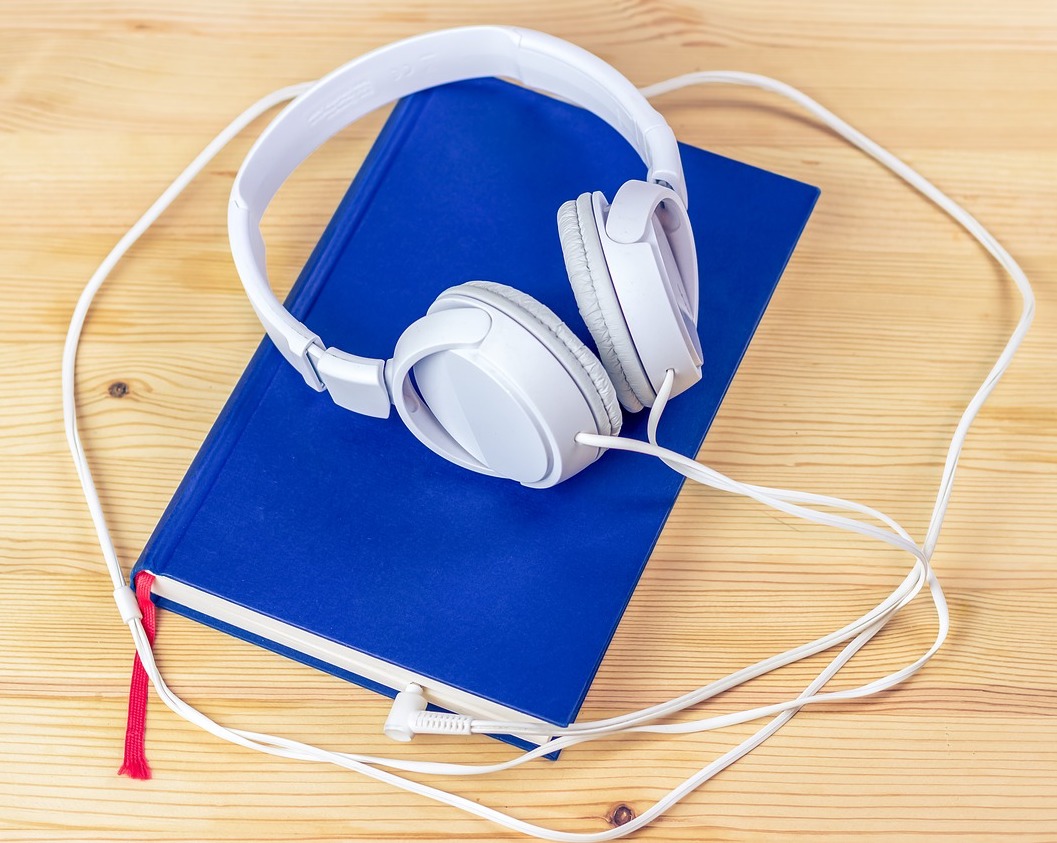
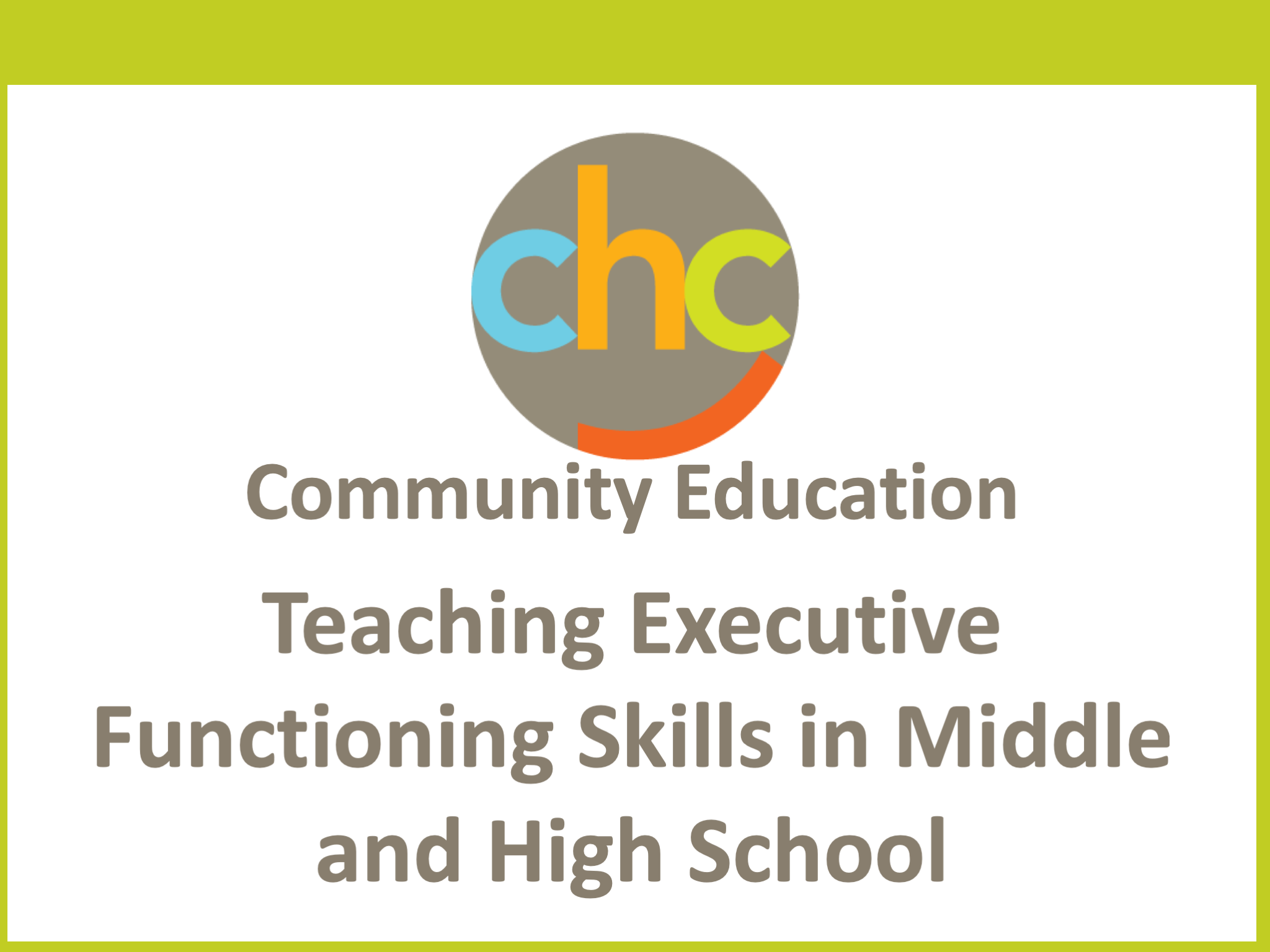

 The
The 
 Death by suicide is always a tragic event. It can trigger a host of complicated and confusing emotions. Whether you are coping with the loss of a loved one, or are helping a child or adult navigate such a loss, these tools from the
Death by suicide is always a tragic event. It can trigger a host of complicated and confusing emotions. Whether you are coping with the loss of a loved one, or are helping a child or adult navigate such a loss, these tools from the 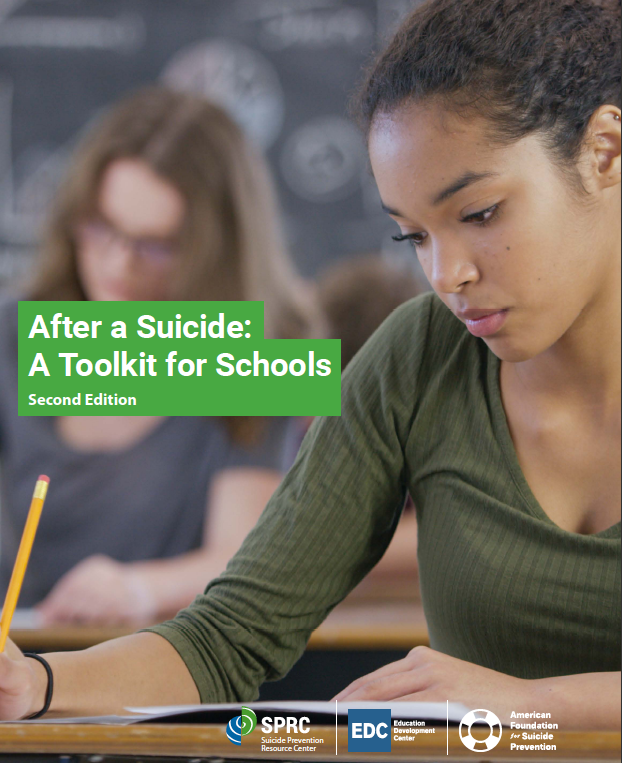
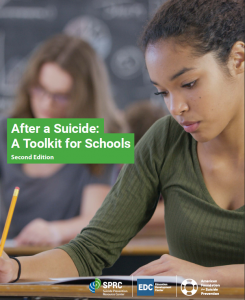
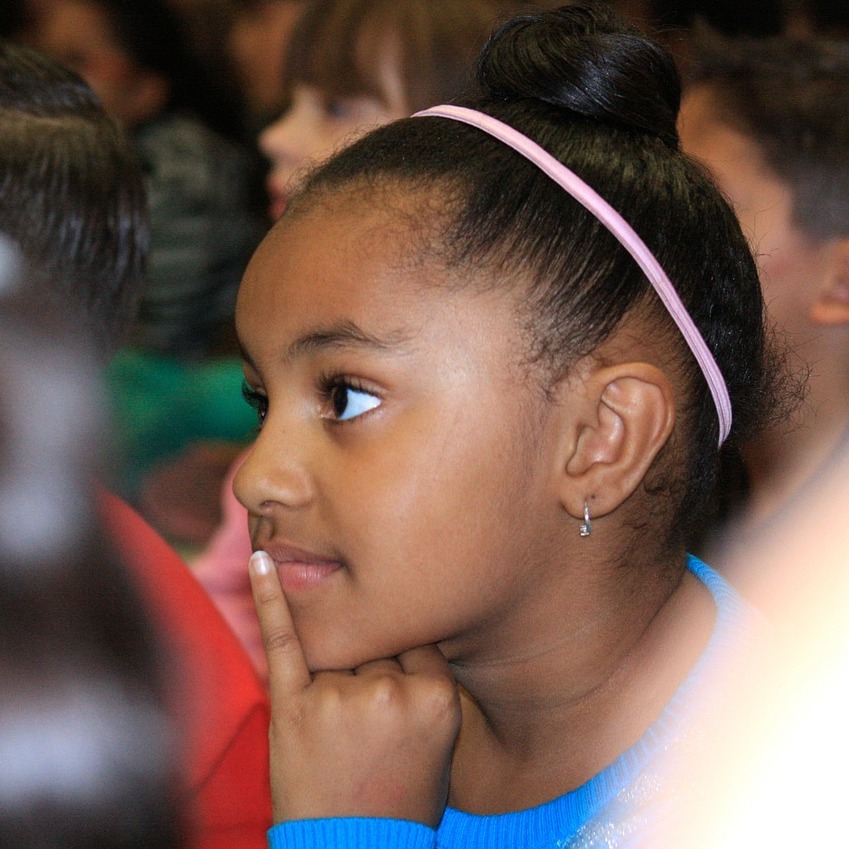
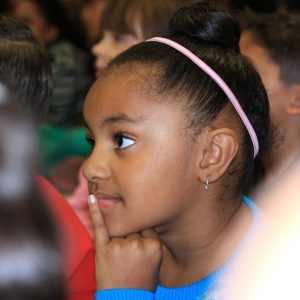 In my work with teachers, I encourage honest, fearless contemplation on what is and is not working in the classroom. This simple exercise can help you discover the mundane moments and tasks in your own classroom that are just waiting for your creativity to transform them into mindful learning opportunities.
In my work with teachers, I encourage honest, fearless contemplation on what is and is not working in the classroom. This simple exercise can help you discover the mundane moments and tasks in your own classroom that are just waiting for your creativity to transform them into mindful learning opportunities. 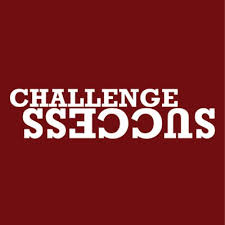
 Challenge Success
Challenge Success
 Individuals with traumatic brain injury, deafness, oral language deficits or genetic disorders such as Down Syndrome are also more likely to have weak working memory. The purpose of this fact sheet is to describe the function of working memory, discuss the impact that weak working memory has on learning, and offer suggestions and resources for improving working memory and learning.
Individuals with traumatic brain injury, deafness, oral language deficits or genetic disorders such as Down Syndrome are also more likely to have weak working memory. The purpose of this fact sheet is to describe the function of working memory, discuss the impact that weak working memory has on learning, and offer suggestions and resources for improving working memory and learning. 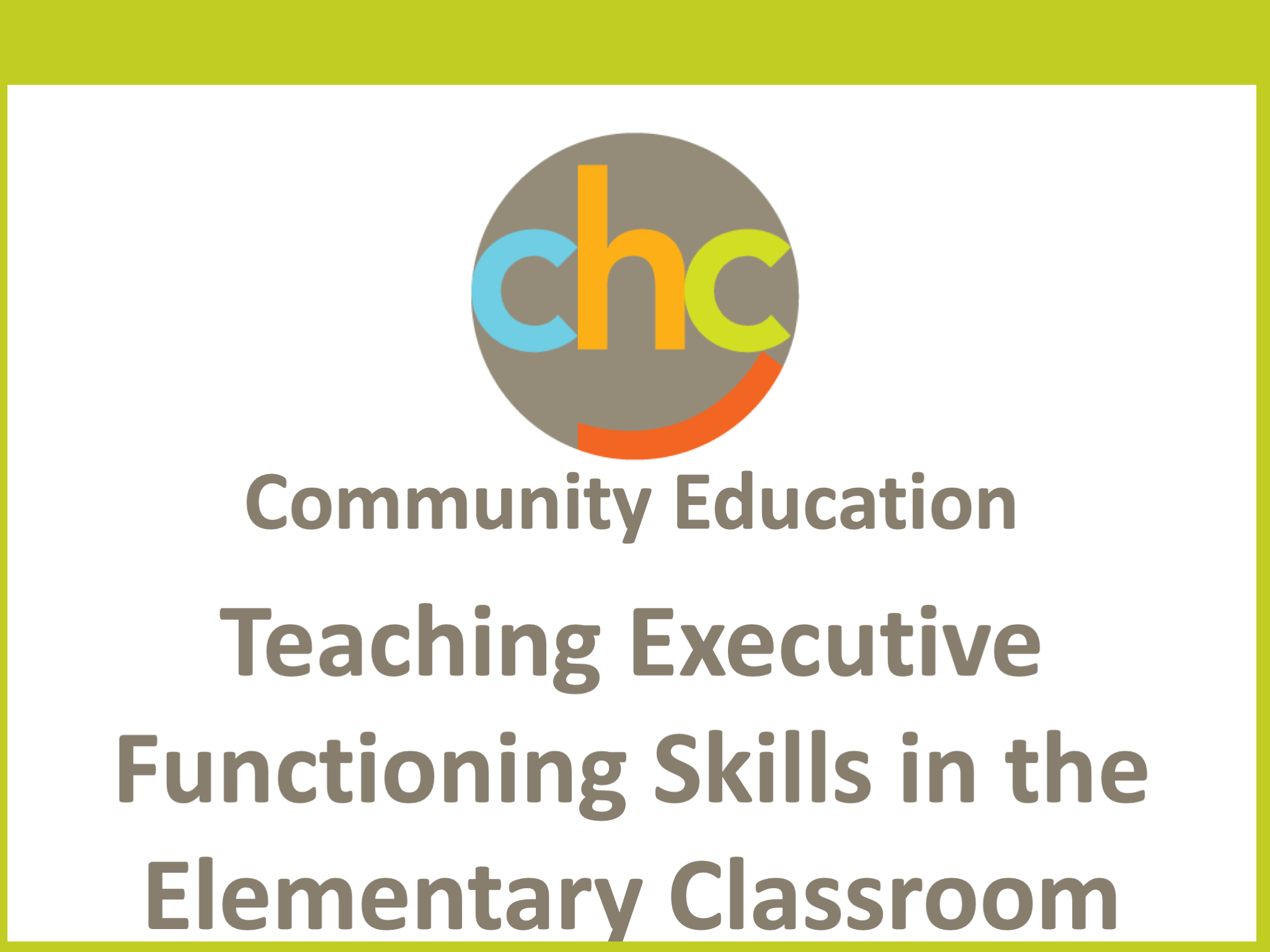

 For many kids, sitting still all day in school is a big challenge, which is why movement breaks are good practice, whether it’s in elementary school or high school. Additionally, learning science shows us that
For many kids, sitting still all day in school is a big challenge, which is why movement breaks are good practice, whether it’s in elementary school or high school. Additionally, learning science shows us that 

